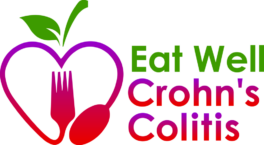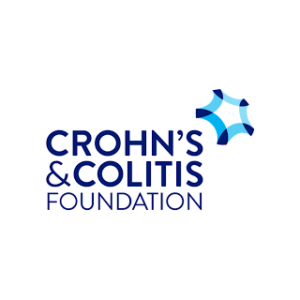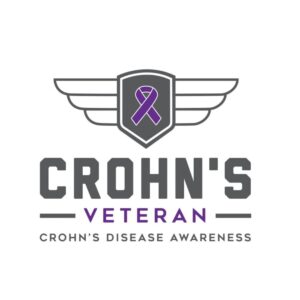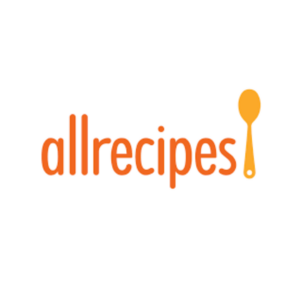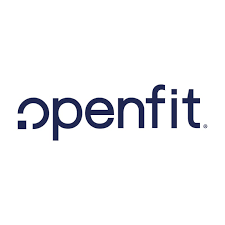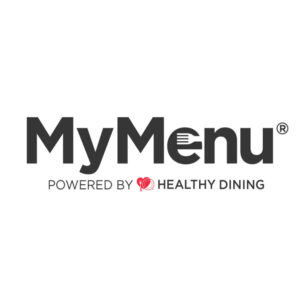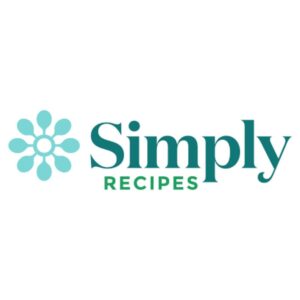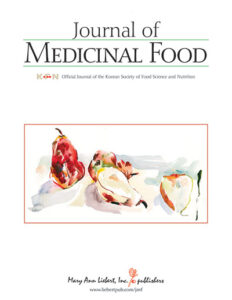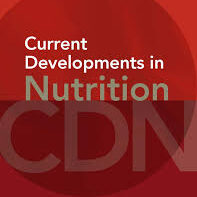8 Holiday Food Tips for IBD Warriors
Picture a festive holiday scene with the warm aromas of cinnamon and savory delights. It’s a season of cheer, yet for those of with IBD, it can also be a season of fear and anxiety around food-based holidays.
If you have Crohn’s disease or ulcerative colitis, please find some general suggestions that may be helpful to get you through a family gathering or party!
Ultimately, consulting with a registered dietitian nutritionist is recommended to develop a personalized eating plan that considers your particular food triggers, taste preferences, nutritional needs and goals, and lifestyle.
Reach out to the host, if possible
- Take a proactive step by reaching out to the host to ask about the menu. Knowing what’s being served allows you to make informed decisions, like whether to plan to bring a dish that everyone, including yourself, can enjoy that aligns with your dietary needs.
- Here’s a potential way to assert your needs when communicating with an event’s host:
- “Hi ____(host’s name). Thank you so much for inviting me to your holiday party. I’m really excited to attend. May I ask what dishes are planned to be served? I have some food sensitivities related to my IBD, so am hoping to get a feel for what options may be there.”
- (host will list off different dishes planning to be served at event)
- “Wow, that sounds like an amazing spread! Due to my food sensitivities, would it be okay if I brought ______ (food dish)? I’d love to share it with everyone!”
Mini meals, major benefits
- Eating smaller portions more often is generally easier on the gut for those with IBD. Plus, having a small meal before you head to the party can help stabilize appetite, so you don’t feel like you’re starving when you get there.
- Treat a holiday as close to a normal eating day as possible. If the event is earlier in the day (like 3pm), plan to have an additional small meal after you get home.
Eat slowly and chew like a chipmunk!
- The brain needs about 20 minutes to realize your body’s full. Therefore, eating slowly could help prevent eating a very large meal during the event.
- Digestion begins in the mouth, so chewing foods thoroughly makes it easier for your gut on the way down.
Know you lactose tolerance
- Lactose Levels Vary: Hard cheeses, such as and aged Swiss or cheddar or parmesan, have less lactose than soft cheeses like brie or milk.
- Lactase Enzyme Supplements: If you’re unsure about the dairy content at a party and you’re lactose intolerant, lactase enzyme supplements can help.
Sweet treats: sip & savor
- Foods Foods such as juices, candy, and soda can pull water into your intestine, which may contribute to watery stools and diarrhea.
The key here is portion: it doesn’t need to be all or nothing, but consuming sweets in moderation reduces the likelihood of gastrointestinal symptoms.
Consider limiting alcohol consumption
- Alcohol causes most people with IBD to experience worse symptoms. Side effects of even moderate alcohol consumption may include gut irritation, diarrhea, and bleeding.
- If you are planning to drink, keep in mind that moderation again is key, the recommendation is up to 1 drink per day for women, and up to 2 for men.
Stay Hydrated
- Even being mildly dehydrated can lead to fatigue and other symptoms.
- Aim to drink at least 8 cups of fluids per day: you may need more if having drinks that are diuretics (caffeine and alcohol), as well as if you’re having loose stool or are constipatedValue Non-Food ActivitiesStay Hydrated
- Depending on the nature of the event, take moments to focus on non-food related events like spending quality time with family or friends.
Value Non-Food Activities
- Depending on the nature of the event, take moments to focus on non- food related events like cherishing connections, engaging in fun, savoring the setting, lending a hand, and reflecting and sharing.
Want more personalized recommendations?
Still feeling confused around what foods to eat? I help my clients implement a highly personalized nutrition plan that brings clarity around which to foods to add that may be beneficial, reduces fear and anxiety around eating, reduces inflammation, and ultimately helps them to get their lives back.
Want to chat more about your specific situation? Let’s get in touch!
